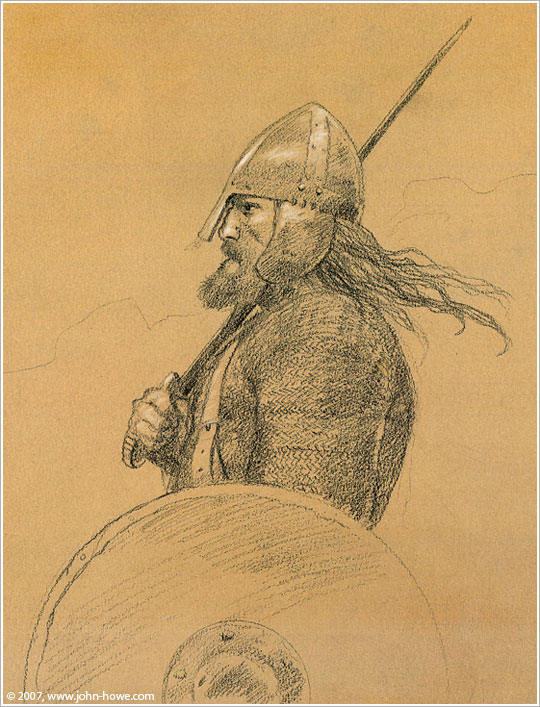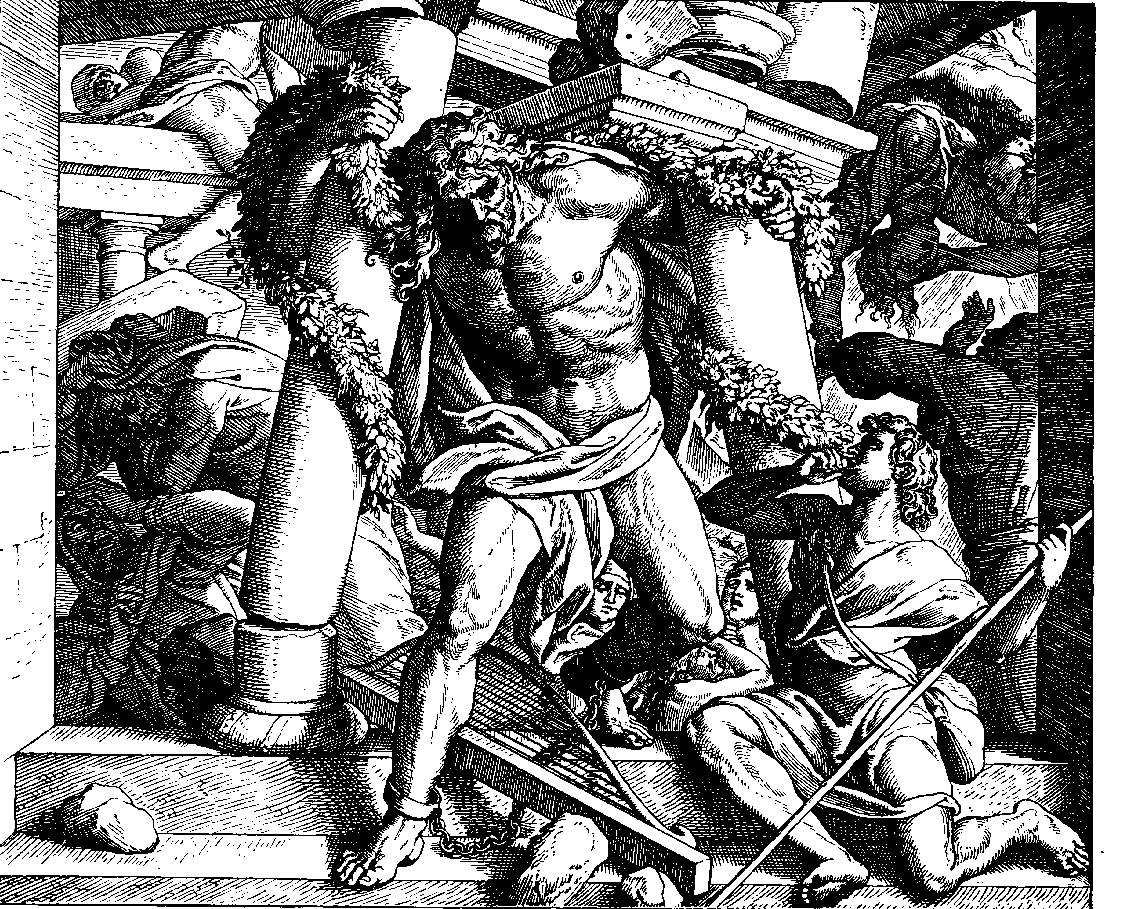rA character, normally the protagonist, whose is extremely similar to the epic hero, save for the fact that he has a hamartia, or tragic flaw. This tragic flaw ultimately leads to his downfall. The tragic hero usually starts the story as someone of high prestige, be he a decorated war hero, a prince, a king, an aristocrat, etc. He starts off in this high position in order for his state at the end of the story to have more of an emotional resonance with the reader. They end the story an outcast, but they typically have some sort of emotional or spiritual epiphany. Tragic heroes are typically plagued with some kind of internal threat to battle rather than an external one, be it a psychological insecurity, some repressed pain or a feeling of alienation. This internal threat is usually the source of the epiphany at the end, where they are emotionally purified, only to die shortly afterward, thus creating the ultimate tragedy, that they could not have this epiphany when they were still alive, and that any contributions that they could have made to society are now impossible. In death, however, the tragic hero usually redeems the society that he lives in.Hamlet is an insecure and intellectually lonely individual. He is indecisive and diffident, and even worse, he is both overly cautious and incredibly impulsive, making him unpredictable. These characteristics are ultimately what cause his downfall, but in death, he is emotionally purified, he seeks forgiveness from all he has harmed who still live and he accepts his father's death and gains his justice; and he redeems Denmark by giving it to Fortinbras, who is implied to have nothing but the best intentions for Denmark.Oedipus is a great and kind leader, a loving husband and a devoted father. He is the ideal, the philosopher-king from Plato's Republic; however, at the same time, he is the plague-bringer, for his sin of patricide and incest is what inspires Apollo to curse Thebes. In exile, which is a form of death in this play, he redeems Thebes by lifting the plague. He also passes power off to his brother Creon, and he does his best to see that his children's future prospects and happiness are ensured.Dr. Faustus is a genius whose mental faculties have done much for the world, and could do so much more, but his hubris and arrogance see him want more power: he desires to ascend from humanity into godhood. He is in over his head, however, and despite the fact that his intentions behind achieving this power are good, his actions are ultimately not, and he loses himself by the end along with his soul. His death redeems the world, in that there is one less arrogant and potentially dangerous necromancer gallivanting about.







